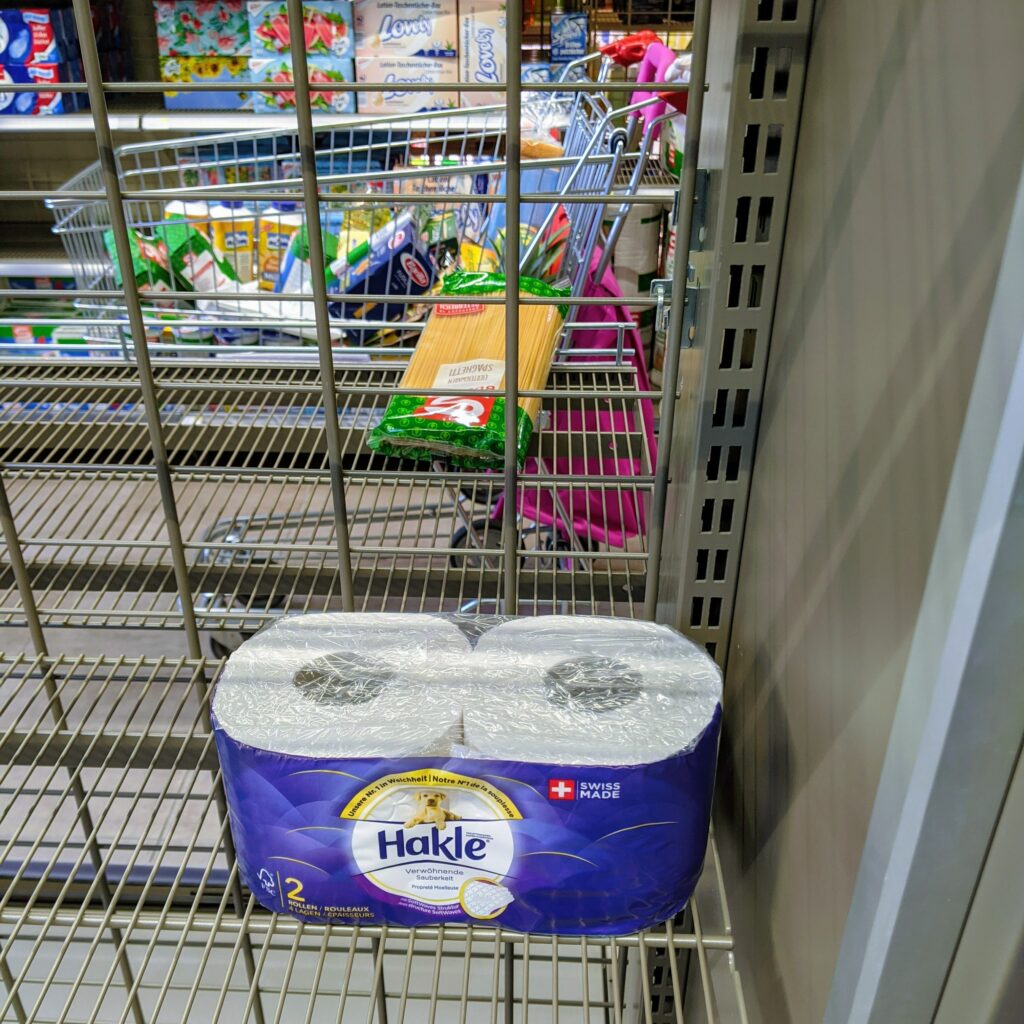When supermarkets around the world quickly ran out of toilet paper and other staples as the coronavirus pandemic began, many countries had to assess an important topic – were they capable of supplying their citizens with their basic needs if all international trade would grind to a halt?
Judging by the way citizens of many countries began to overbuy and hoard various staples, it was clear that the average citizen didn’t believe so.
Is it realistic that any country could provide its citizens with all its needs without relying on imports? Shlomo Ben-Eliyahu, the outgoing Director-General of Israel’s Ministry of Agriculture, doesn’t think so, saying that: “Israel doesn’t and won’t have ‘food security.'”
Ben-Eliyahu sent a letter of response to the chairman of the National Economic Council, Prof. Avi Simhon, addressing the demands of members of the agricultural caucus in the Knesset, to create a “local food security network during times of routine and emergency,” according to an Arutz Sheva report.
“As a rule, Israel does not have and will not have food security in agricultural produce,” Ben-Eliyahu stated at the beginning of the letter, explaining that “the caucus stating that ‘the state’s responsibility to ensure that the citizen has a local food security network during times of routine and emergency in the present and future’ – is a worthwhile vision but impossible to implement.”
“Each state, as well as the State of Israel would like all of its agricultural produce to be based on self-production rather than imports. However, Israel does not have the ability to act as indicated in their letter, as this requirement has no operative feasibility.”
“Even countries such as Russia, China, India, European countries and others import agricultural produce because they can not rely solely on the agricultural produce that grows in their country, and they also have to import agricultural produce, so these countries also lack ‘food security.'”
“Agricultural products are needed in Israel that aren’t grown here at all so there are no other options but to import them; such as rice, coffee, tea, sugar, cocoa, cashews, etc.”
Ben-Eliyahu added that there is also agricultural produce of which the bulk is imported from abroad, and there is no way to satisfy the demand through products grown only in Israel. “For example: Beef – only 17% of the consumer demand in Israel can be supplied by Israeli farmers, with 83% of the meat imported from abroad, both frozen and fresh, through importing 600,000 calves and sheep for shechita in Israel.”
“If we would intend to supply beef only through Israeli farmers, it would be necessary to divert all the agricultural areas – the orchards and the fields – to raising cattle and the food required to feed them and even then we would need to supplement [with beef] from abroad.”
In summary, Ben-Eliyahu concluded that there is no possible way of supplying Israeli citizens with the food supplies they are accustomed to without imports from abroad.
(YWN Israel Desk – Jerusalem)












2 Responses
On my visits to Israel, I have been impressed by the quality of local diary and produce – it is, off the shelf at ordinary supermarket, better than anything I can get in New York. In part, “food” security depends on your definition of “food.” Beef and poultry are important but I can do without them for moderate periods of time, or maybe longer, though I have never tried. Protein is essential, but that’s why Hashem gave us eggs and fish. Coffee, tea, cocoa, sugar – I love them, but I can do fine without them,
Self sufficiency is a stupid idea, that if tried would cripple any country. None of us are self sufficient. We don’t make everything for ourselves, we make one thing and trade for everything else. And that’s why we’re prosperous. If we were to try to make everything for ourselves and not “import” things into our households we’d live short, brutish, and miserable lives. And the same is true for whole countries. I mean, come on. The Wealth of Nations was published 240 years ago, for crying out loud. Isn’t it about time everyone absorbed its lessons?
The only lesson we should draw from recent events is to be wary of imports from China, not from other places.